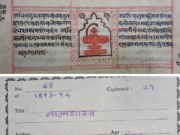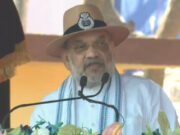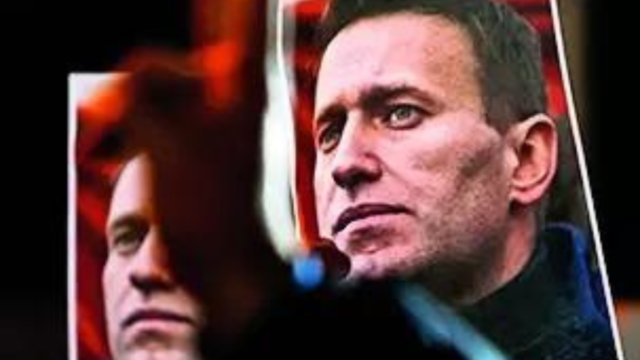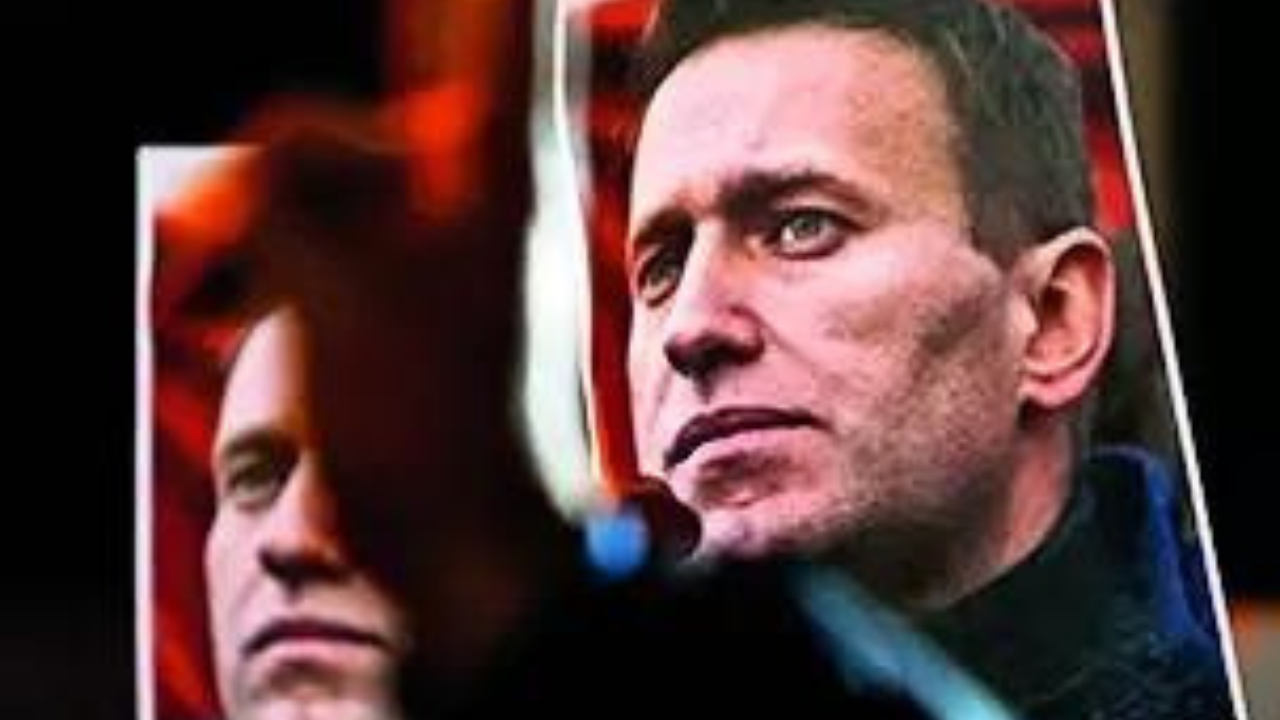
Vladimir Kara-Murza could only laugh when officials in Penal Colony No. 6 inexplicably put a small cabinet in his already-cramped concrete cell, next to a fold-up cot, stool, sink and latrine. That moment of dark humour came because the only things he had to store in it were a toothbrush and a mug, said his wife, Yevgenia, since the opposition activist wasn’t allowed any personal items in solitary confinement.
Another time, she said, Kara-Murza was told to collect his bedding from across the corridor – except that prisoners must keep their hands behind their backs whenever outside their cells. “How was he supposed to pick it up? With his teeth?” Yevgenia said. When he collected the sheets, a guard appeared and told him he violated the rules, bringing more discipline. Kara-Murza was convicted of treason last year for denouncing the war in Ukraine. He is serving 25 years, the stiffest sentence for a Kremlin critic.
For political prisoners like Kara-Murza, life in Russia’s penal colonies is a grim reality of physical and psychological pressure, sleep deprivation, insufficient food, health care that is poor or simply denied, and a dizzying set of arbitrary rules.
According to Memorial – a group founded to document repression, there are 680 political prisoners in Russia who are being held in increasingly severe conditions under President Vladimir Putin’s crackdown. This month brought the stunning news from a remote Arctic penal colony, one of Russia’s harshest facilities: the still-unexplained death of Alexei Navalny, the Kremlin’s fiercest foe.
Most often, inmates live in barracks tightly packed with bunk beds. Konstantin Kotov, an activist who spent over a year in Penal Colony No. 2 , recalls cramped quarters of 60 men per room. Meals are unsatisfying: Breakfast was porridge, lunch was soup with little or no meat, mashed potatoes and a meat or fish cutlet; as was dinner. Inmates got two eggs a week, and fruit and vegetables were a luxury. Reports of physical abuse are common for ordinary inmates but rare for political prisoners, advocates say. Instead, intimidation often comes via enforcing minor infractions. Navalny spent months in a punishment cell for not buttoning his uniform properly or not putting his hands behind his back. He once described it as a “concrete kennel” of 8-by-10-feet that, depending on the season, was “cold and damp,” or “hot and there’s almost no air”.
Another time, she said, Kara-Murza was told to collect his bedding from across the corridor – except that prisoners must keep their hands behind their backs whenever outside their cells. “How was he supposed to pick it up? With his teeth?” Yevgenia said. When he collected the sheets, a guard appeared and told him he violated the rules, bringing more discipline. Kara-Murza was convicted of treason last year for denouncing the war in Ukraine. He is serving 25 years, the stiffest sentence for a Kremlin critic.
For political prisoners like Kara-Murza, life in Russia’s penal colonies is a grim reality of physical and psychological pressure, sleep deprivation, insufficient food, health care that is poor or simply denied, and a dizzying set of arbitrary rules.
According to Memorial – a group founded to document repression, there are 680 political prisoners in Russia who are being held in increasingly severe conditions under President Vladimir Putin’s crackdown. This month brought the stunning news from a remote Arctic penal colony, one of Russia’s harshest facilities: the still-unexplained death of Alexei Navalny, the Kremlin’s fiercest foe.
Most often, inmates live in barracks tightly packed with bunk beds. Konstantin Kotov, an activist who spent over a year in Penal Colony No. 2 , recalls cramped quarters of 60 men per room. Meals are unsatisfying: Breakfast was porridge, lunch was soup with little or no meat, mashed potatoes and a meat or fish cutlet; as was dinner. Inmates got two eggs a week, and fruit and vegetables were a luxury. Reports of physical abuse are common for ordinary inmates but rare for political prisoners, advocates say. Instead, intimidation often comes via enforcing minor infractions. Navalny spent months in a punishment cell for not buttoning his uniform properly or not putting his hands behind his back. He once described it as a “concrete kennel” of 8-by-10-feet that, depending on the season, was “cold and damp,” or “hot and there’s almost no air”.





































